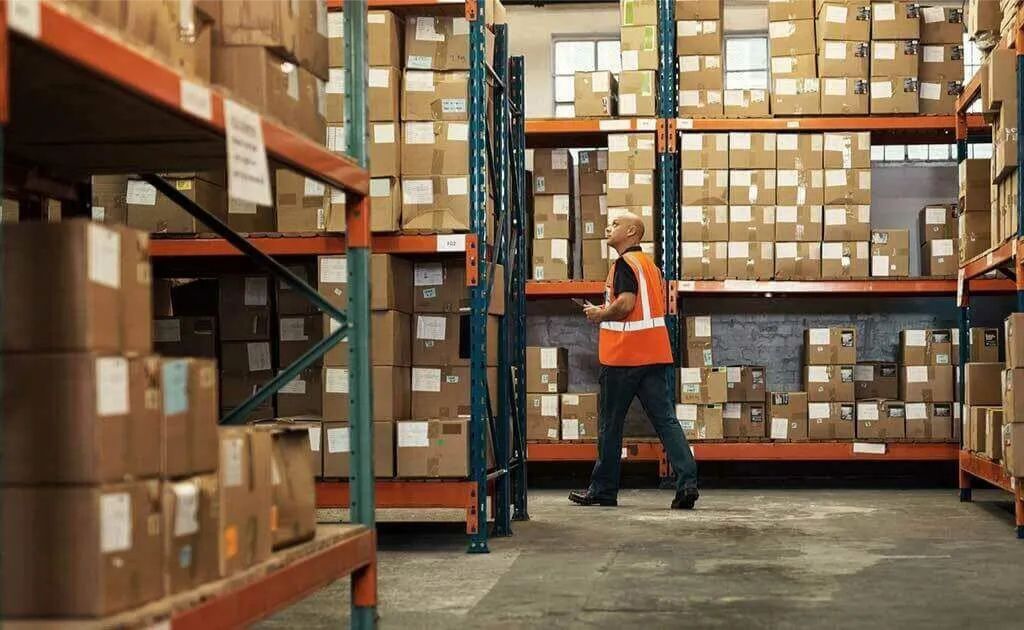Introduction
In the world of commerce, wholesale distributors are essential players in the supply chain. They act as intermediaries between manufacturers and retailers, ensuring that products move seamlessly from production to the end consumer. Whether you’re a small business owner or an entrepreneur looking to streamline your supply chain, understanding the role and importance of Distributor is crucial.
This article will delve deep into the concept of wholesale distribution, its benefits, how to find reliable distributors, and key trends shaping the industry.
What is a Wholesale Distributor?
A wholesale distributor is a business entity that buys goods in bulk from manufacturers and sells them to retailers or other businesses at a markup. They typically operate in various sectors, including clothing, electronics, food, and industrial goods. Unlike retailers, wholesale distributors focus on B2B (business-to-business) transactions.
Key Characteristics of Wholesale Distributors:
- Bulk Purchasing: Wholesale distributors buy large quantities of products directly from manufacturers, often at significant discounts.
- Storage and Inventory: They usually maintain large warehouses to store goods before distributing them.
- Resale to Businesses: Products are sold to retailers, other distributors, or wholesalers at competitive prices.
- Supply Chain Management: They ensure timely delivery of products, helping businesses meet consumer demand.
Benefits of Working with Wholesale Distributors
1. Cost Efficiency
Buying in bulk from a distributor allows businesses to save on costs. The more you purchase, the lower the per-unit cost, which can significantly impact your profit margins.
2. Streamlined Operations
Wholesale distributors often handle logistics, warehousing, and inventory management, freeing up time for businesses to focus on sales and customer engagement.
3. Access to a Wide Product Range
Many distributors carry products from multiple manufacturers, giving retailers a diverse selection to choose from.
4. Market Insights
Experienced distributors provide valuable market insights, helping businesses identify trends and consumer preferences.
5. Scalability
Working with a reliable distributor makes scaling operations easier, as they can handle larger orders and expanded territories.
How to Choose the Right Wholesale Distributor
1. Define Your Needs
Before searching for a distributor, outline your requirements. Consider:
- The types of products you need.
- Your budget.
- Delivery timelines.
- Geographic reach.
2. Research and Shortlist
Look for reputable distributors in your industry. Use online directories, attend trade shows, and network with industry peers. Some popular platforms to find distributors include:
- Alibaba
- ThomasNet
- SaleHoo
- Worldwide Brands
3. Verify Credibility
Check for licenses, certifications, and reviews to ensure the distributor is legitimate. Ask for references and conduct due diligence to avoid scams.
4. Evaluate Terms and Conditions
Review contracts carefully. Pay attention to:
- Minimum order quantities (MOQs).
- Payment terms.
- Return policies.
- Delivery schedules.
5. Assess Customer Service
Choose a distributor that prioritizes customer support. Quick response times and problem-solving capabilities are essential for a smooth partnership.
Challenges in Wholesale Distribution
1. Supply Chain Disruptions
Global events like pandemics and geopolitical tensions can disrupt supply chains, causing delays and increased costs.
2. Inventory Management
Overstocking or understocking can lead to financial losses. Distributors must balance supply with market demand.
3. Competition
The rise of e-commerce platforms has increased competition among distributors, pushing many to lower their margins.
4. Adaptation to Technology
Traditional distributors face challenges in adopting modern technologies like automation, data analytics, and e-commerce integrations.
Trends Shaping the Wholesale Distribution Industry
1. E-commerce Integration
With the growth of online marketplaces, many distributors are adopting digital platforms to expand their reach and offer better services.
2. Sustainability
Eco-friendly practices, such as reducing packaging waste and optimizing delivery routes, are becoming a priority for many distributors.
3. Data-Driven Decisions
Distributors are leveraging data analytics to forecast demand, optimize inventory, and improve customer satisfaction.
4. Automation and AI
Technologies like warehouse automation, robotics, and AI-driven logistics are transforming how distributors operate, making processes faster and more efficient.
5. Personalized Services
Tailored offerings, such as customized packaging or exclusive product lines, are helping distributors differentiate themselves in a crowded market.
Wholesale Distributor vs. Drop Shipper: What’s the Difference?
While both wholesale distributors and drop shippers supply products to businesses, they operate differently:
| Aspect | Wholesale Distributor | Drop Shipper |
|---|---|---|
| Inventory | Maintains stock in warehouses. | No inventory; ships directly from the manufacturer. |
| Cost | Lower product prices due to bulk purchasing. | Higher prices as the manufacturer handles logistics. |
| Control | Businesses control branding and packaging. | Limited control over product presentation. |
| Risk | Higher risk due to upfront investment in inventory. | Lower risk as no inventory is required. |
Examples of Top Wholesale Distributors
1. McLane Company
One of the largest wholesale distributors in the U.S., specializing in grocery and foodservice supplies.
2. Ingram Micro
A leading distributor of technology products, including hardware, software, and IT services.
3. Avnet
A global distributor focusing on electronics and technology solutions.
4. Grainger
Specializes in industrial supplies, tools, and equipment for businesses.
5. Euro Foods
A major European distributor catering to the food and beverage industry.
FAQs About Wholesale Distributors
1. What is the difference between a wholesaler and a distributor?
- A wholesaler typically sells products in bulk to various buyers, including retailers and consumers, while a distributor exclusively works with manufacturers and retailers.
2. How do wholesale distributors make money?
- They buy products in bulk at discounted rates and sell them at a markup to retailers or other businesses.
3. Can small businesses work with wholesale distributors?
- Yes, many distributors cater to small businesses with flexible minimum order requirements.
4. How do I verify if a distributor is legitimate?
- Check their business license, certifications, and online reviews. Request references from other clients.
5. What industries rely on wholesale distributors?
- Virtually all industries, including fashion, food, electronics, pharmaceuticals, and industrial supplies, rely on wholesale distributors.
Conclusion
Wholesale distributors play a vital role in connecting manufacturers with retailers, ensuring products reach consumers efficiently. For businesses, finding a reliable distributor can mean the difference between success and failure. By understanding the nuances of wholesale distribution, leveraging modern technologies, and building strong partnerships, businesses can thrive in today’s competitive marketplace.
Whether you’re a budding entrepreneur or an established retailer, investing time in choosing the right wholesale distributor is a step toward long-term growth and success.



